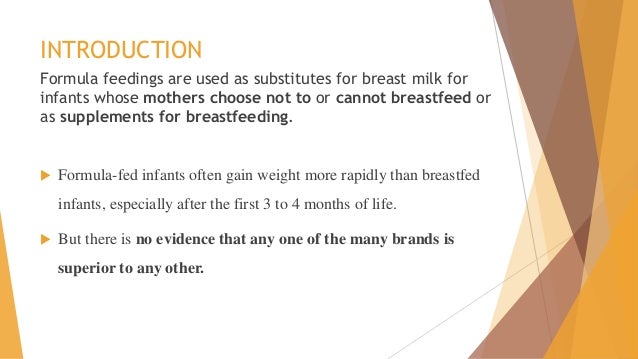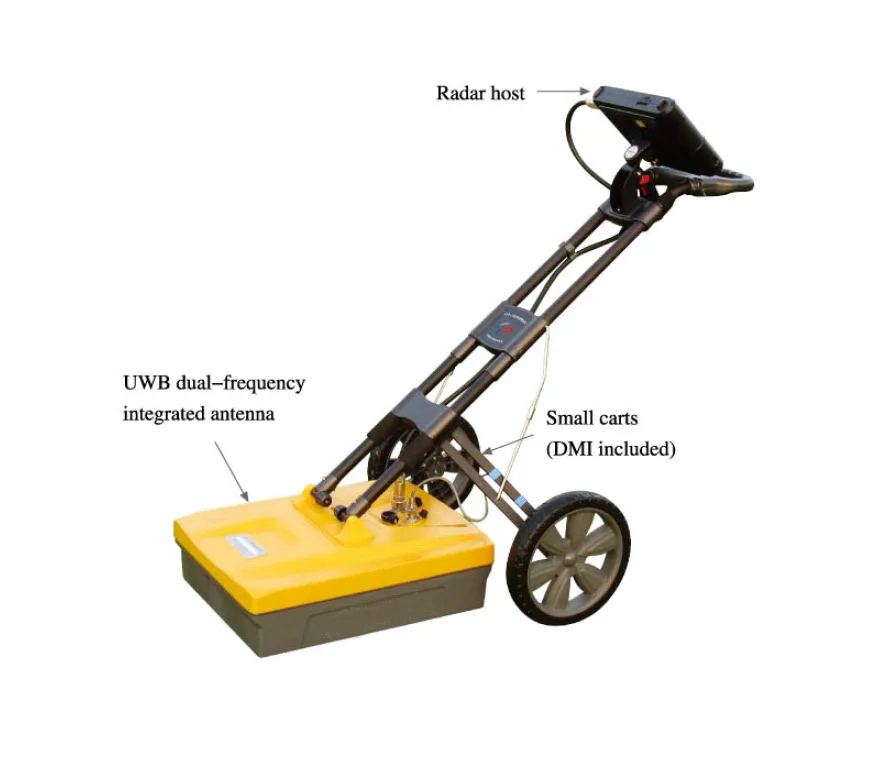Image source: http://bouncebackparenting.com/wp-content/uploads/2016/04/From-guilt-to-connection.png
When a couple decides to separate and starts the process of splitting up the children's family home into two separated homes, there is inevitably a sense of guilt. Divorce is an adult problem created between two adults, but as parents watching our children adjust to going to "mom's house" and "dad's house" and spending time apart from one of their parents, it can break your heart just a little bit more.
Parenting from guilt is a hazard that befalls many single parents. You know you're stuck if you have repetitive negative thoughts that forecast doom and gloom, like, "What have I done? My children are never going to be able to get over this divorce!" Frequent pangs of guilt rob you of the ability to enjoy the positive experiences of life. You assume the worst and conclude the divorce is to blame for common childhood situations such as your child doing something wrong, acting out, or simply having a bad day. You berate yourself and second-guess your decisions and instincts.
As divorced parents, we must realize that guilt is actually a choice. As Eleanor Roosevelt once said, "No one can make you feel inferior without your consent." Similarly, no one can make you feel guilty without your consent and participation in buying a ticket for the guilt trip. Sometimes we express guilt as a way to elicit sympathy from others or as a way to stay stuck and powerless. Ultimately, languishing in a sense of guilt is not doing your children any favors.
Parenting from guilt can cause you to focus on "doing" things with your children, as opposed to "being" with them. The "Disneyland Dad" phenomenon is a result of falling into the parenting from guilt pitfall. Dads and Moms alike fall prey to trying to make up for lost time and connection with their children by packing every minute they have the kids with fun-filled adventures. Basic discipline may fall by the wayside. The cost of trying to force every moment to be "all positive" is that children start to equate being loved with the presence of special gifts, unique experiences, and fewer rules.
Here are some strategies to stop parenting from guilt:
1. Be Aware of Any Active Guilt Complexes
Awareness of your default programming and guilt complexes is the first and most crucial step in releasing old patterns. Simply start by noticing where your thoughts or actions are motivated by guilt. It can be helpful to write your observations down. Keep affirming to yourself that guilt is simply a choice and that it may not serve you or your children. Remind yourself that you're doing the best you can with the tools you have and that your goal is to become wiser and stronger each day.
2. Choose "Being" Instead of "Buying"
The most important gift you can give your children is your love. It gets more challenging to express that love on a daily basis simply because you now live for some portion of time under a different roof that your child. Some studies have shown that American parents spend less than 12 minutes daily connecting with their children. When you are with your children they want YOU - your attention, your listening, and your physical presence. Instead of buying your children's affection, start a tickle fight or a card game. Those moments of connection will bring much stronger closeness and love than a dozen new computer games.
3. Question Yourself
If you are plagued with guilt about your children's well-being, question yourself honestly. Is that really the truth? Or is that just a fear? I created an acronym for fear that it is "Feeling Expansion And Resisting." Fear is simply an indicator that you are at the edge of your existing comfort zone. Can you remember a time when your anticipation of an event made you afraid and yet when you went through it, you were surprised and relieved it wasn't as bad as you thought? Find a productive way to express those doubts and fears. Journaling or speaking with a trusted friend is a great start. Acknowledge fear as just another sign that you are moving beyond what feels familiar to you and celebrate your growth as a human being.







